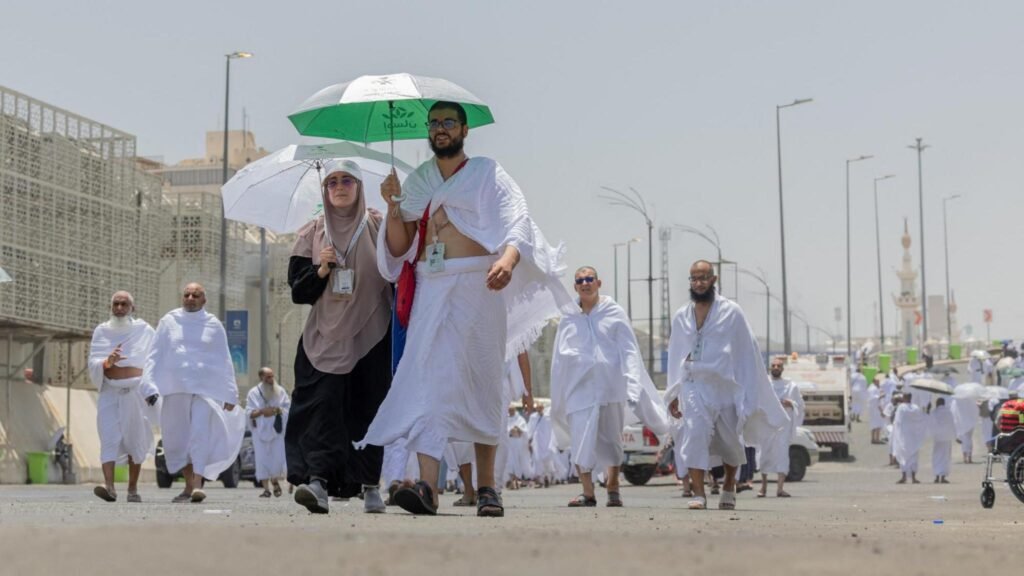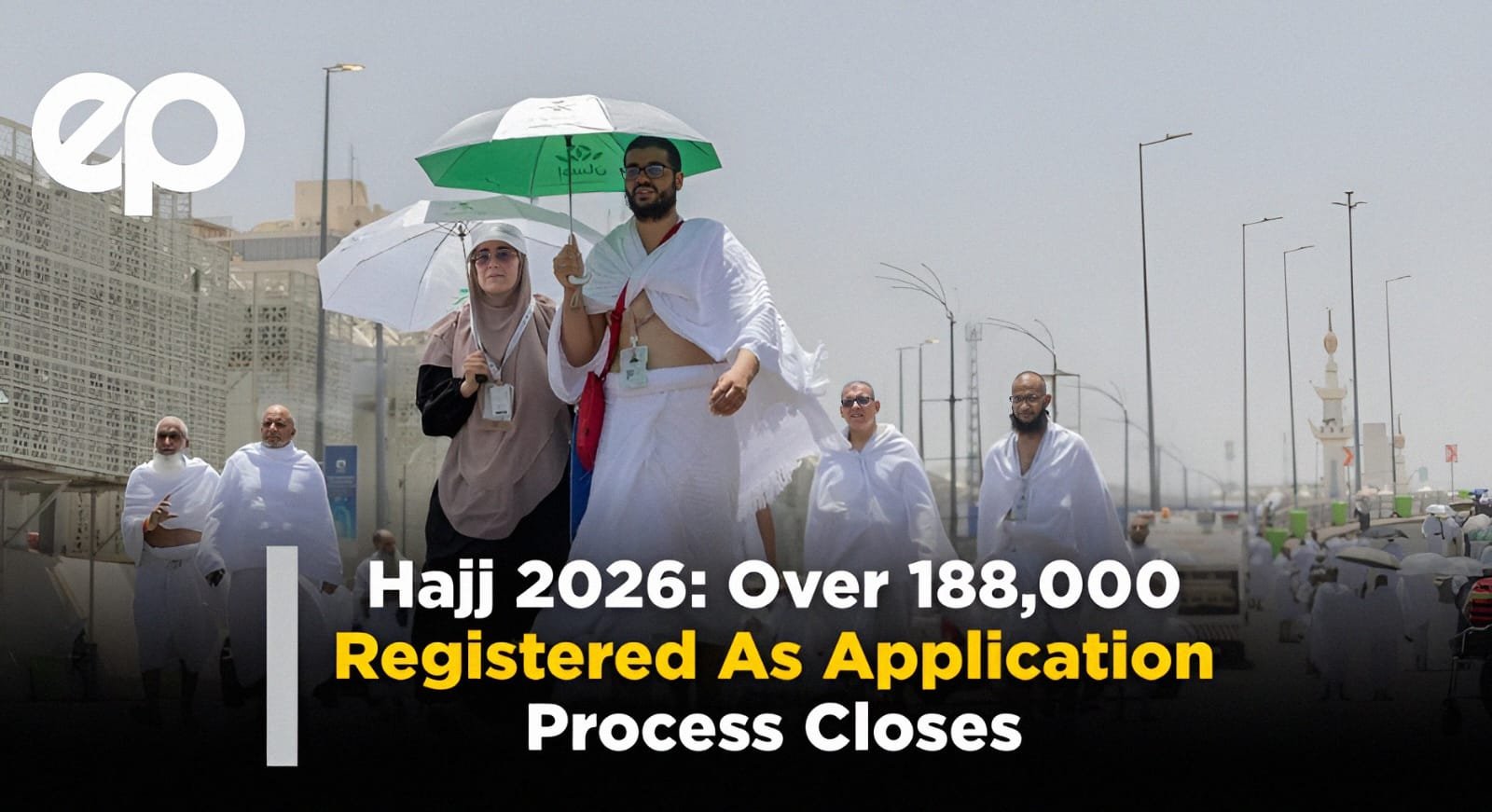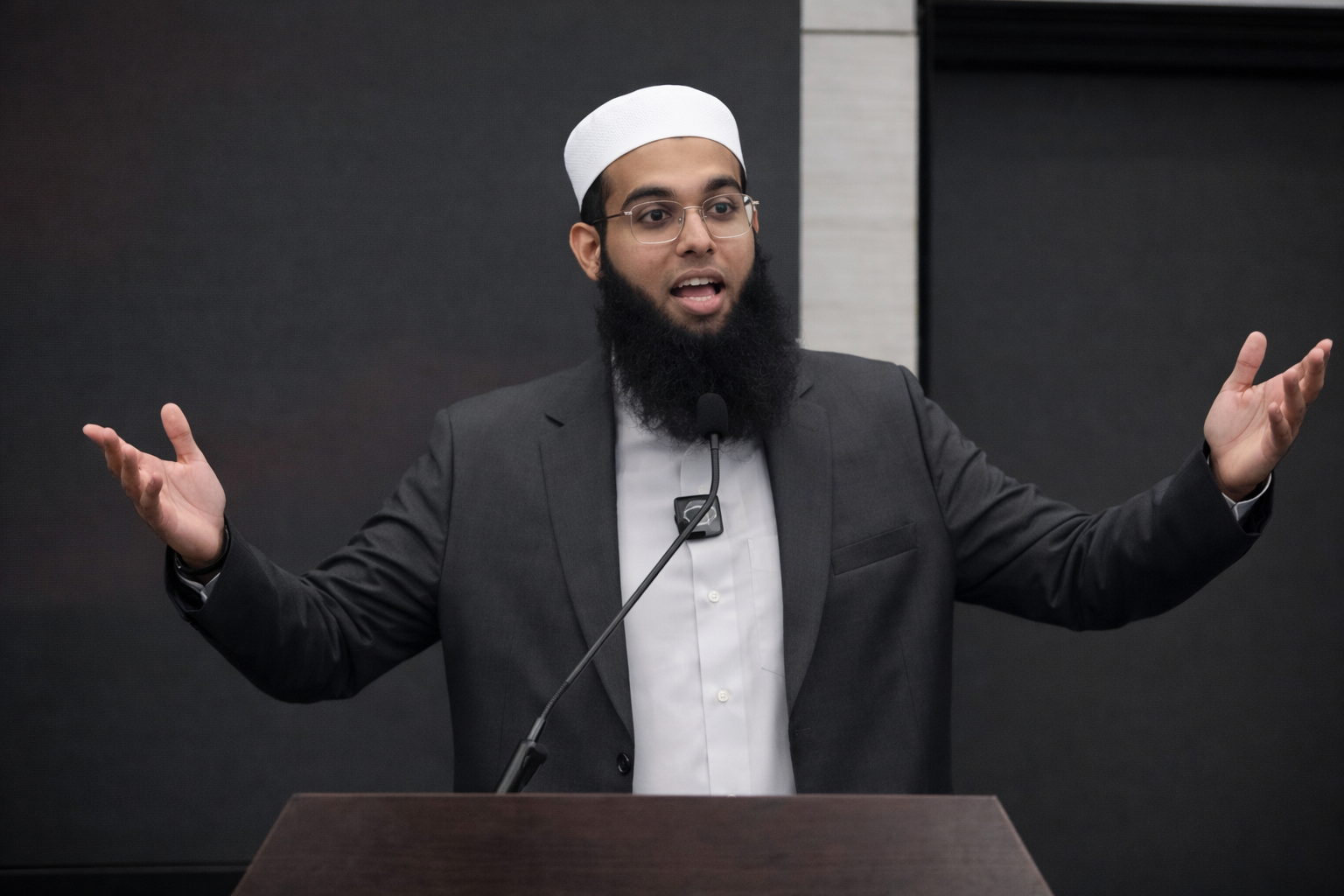In Pakistan, the Ministry of Religious Affairs and Interfaith Harmony (MORA) is steering the Hajj process, ensuring everything runs smoothly and transparently. Registration for Hajj 2026 (Islamic year 1447 A.H.) kicked off in early July 2025 and was initially set to wrap up on July 9. But with so many eager pilgrims, the deadline was extended to July 11, giving more people a chance to sign up. By the end, a whopping 313,000 people had registered—way more than the government’s quota of 179,210, which is split evenly between government and private Hajj operators. Hajj 2026: Over 188,000 registered as application process closes by a certain date or scheme, but the total shows just how much this pilgrimage means to Pakistanis.
The process was made super accessible—no upfront fees were needed, so anyone could register without worrying about immediate costs. Pilgrims could sign up through 15 designated banks or MORA’s online portal, making it easy for both locals and overseas Pakistanis. Everyone had to register, even those who applied before but didn’t make the cut or those going through private operators. This step ensures only verified applicants move forward to document checks, biometric registration, vaccinations, and paying Hajj fees.
The government offers two packages: a Long Hajj Package (40–45 days) and a Short Hajj Package (20 days) for those wanting a quicker trip. Costs range from PKR 1,150,000 to PKR 1,250,000, payable in installments. The first installment—PKR 500,000 for the long package and PKR 550,000 for the short one—was collected from August 4 to August 16, 2025. Priority went to early registrants in the first phase (August 4–9), with a second phase (August 11–16) open to all. It’s a first-come, first-served system to keep things fair until the quota is filled.x
Eligibility and Requirements
To join Hajj 2026, pilgrims need a Pakistani passport valid until at least November 26, 2026. Kids under 12 aren’t allowed, and those 80 or older or with disabilities need a helper. Women under 45 must travel with a Sharee Mehram (a close male relative like a father or husband) unless they’re from the Fiqh Jafaria sect and over 45 or traveling in a female group with an affidavit, as per a 2023 ruling. Groups are capped at 10 people and must follow the same Fiqh (Shia or Sunni). READ NEXT https://elevenpakistan.com/global-fasting-day-for-gaza-set-on-aug-28/
Required documents include a valid Computerized National Identity Card (CNIC), recent passport-sized photos with a white background (women need a scarf covering head, neck, and ears), and a copy of the International Machine-Readable Passport (IMRP). Those 65 and older must have a COVID-19 vaccine, a nod to ongoing health measures. Pilgrims also need to provide the CNIC and contact details of a non-traveling nominee. These rules align with Pakistani and Saudi regulations to keep pilgrims safe and verified.

The Indian Context
In India, the Haj Committee of India (HCoI), under the Ministry of Minority Affairs, handles the pilgrimage. Applications for Hajj 2026 opened on July 7, 2025, and were extended to August 7 after public demand. Around 160,000 applications poured in against a quota of 122,000, though states like Jammu and Kashmir fell short (4,300 applications for 7,900 slots). The HCoI’s portal and Haj Suvidha app make applying easy, offering details on accommodation, flights, and emergency support. Pilgrims need an Indian passport valid until December 31, 2026, and cancellations (except for deaths or medical emergencies) come with penalties.
The cost starts with a first installment of INR 152,300, due around August 20, 2025. The pilgrimage, set for late May to June 2026, includes a 20-day short option with 10,000 seats nationwide. Saudi Arabia issues free Hajj visas, valid only for the pilgrimage, with health and biometric checks required.
Challenges and Innovations
With over 313,000 registrations in Pakistan, grabbing a spot within the limited quota is tough. Last year, private Hajj schemes in Pakistan saw unused slots due to payment and registration delays, showing the need for smoother systems. Digital tools like MORA’s portal and bank systems aim to make things transparent and user-friendly. In India, the Haj Suvidha app and smart wristbands with location tracking and health monitoring are game-changers for pilgrims.
Health and safety are top priorities, with mandatory vaccinations and screenings reflecting post-COVID lessons. Pakistan’s ‘Road to Makkah’ initiative at Islamabad and Karachi airports speeds up immigration, while Saudi Arabia’s Nusuk platform standardizes global registration, helping pilgrims from the US, Europe, and beyond.
The Spiritual and Cultural Significance
Hajj is more than a trip—it’s a deeply spiritual act that unites Muslims worldwide. For Pakistanis and Indians, it’s also a community affair, with families and friends offering prayers, funds, and support. The massive registration numbers show not just logistics but a shared dream to fulfill a sacred duty. It starts with a heartfelt intention (niyyah) and months of prep, from saving money to learning rituals.
Conclusion
Over 188,000 Pakistanis, with a total of 313,000 by July 11, 2025, have registered for Hajj 2026, proving the pilgrimage’s powerful draw. Digital tools and bank systems make the process organized and accessible, while India’s similar efforts ensure pilgrims are ready. As applicants await document checks, payments, and final selection, they hold onto the dream of standing before the Kaaba. Hajj 2026 isn’t just a journey—it’s a celebration of faith, strength, and the global Muslim community.
READ MORE



